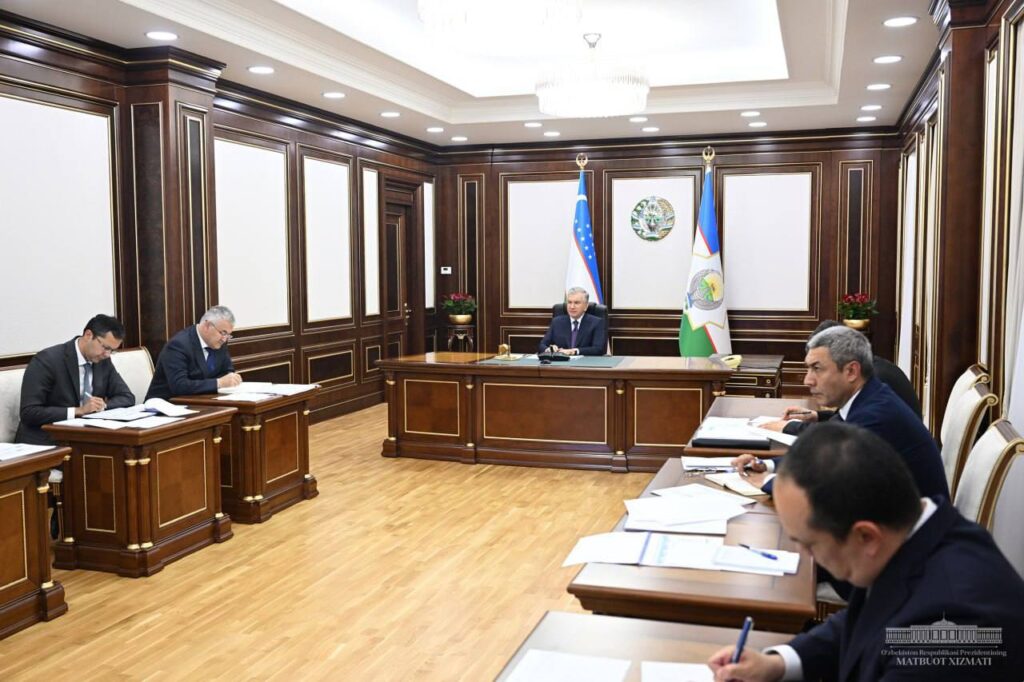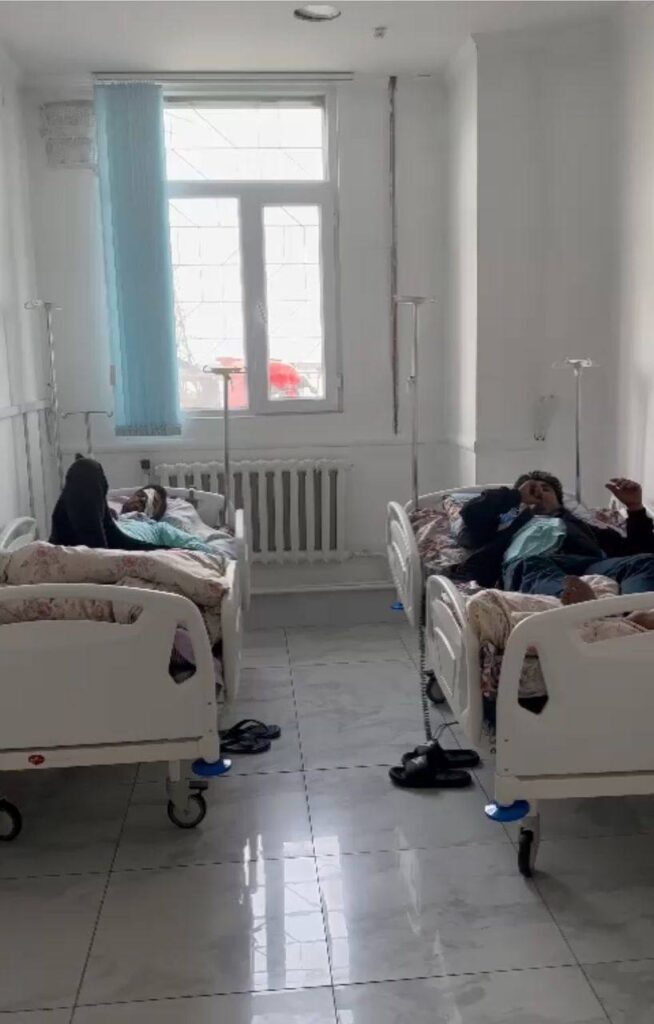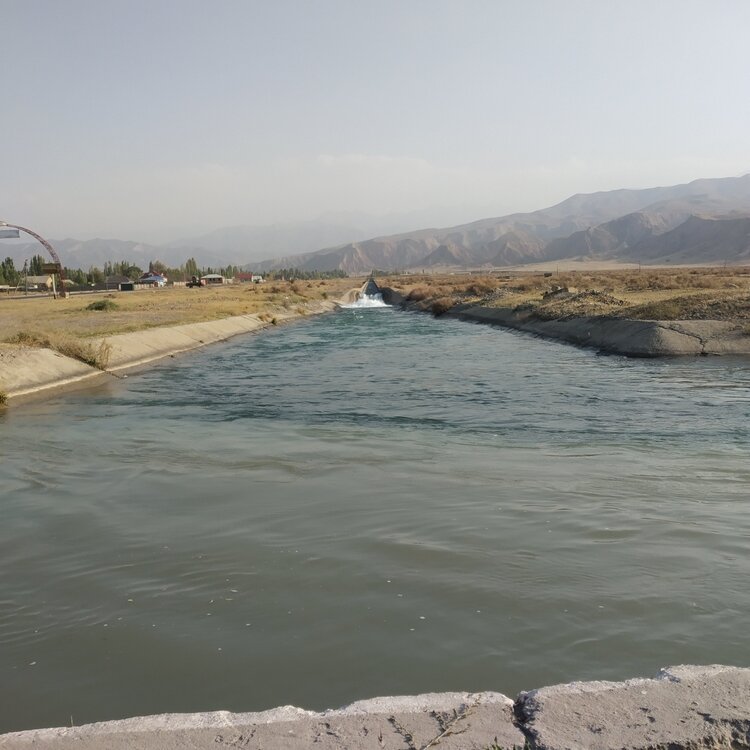Uzbekistan’s Banks Double Their Capital in Five Years
Uzbekistan’s president Shavkat Mirziyoyev has familiarized himself with a presentation on the country’s banks’ participation in attracting foreign investments.
Over the past five years, the capital of Uzbek banks has doubled, their loan portfolio has increased 2.3 times, and the volume of annual lending has grown 1.8 times.
Mirziyoyev commented: “Four banks issued Eurobonds for the first time and attracted $1.3 billion. Last year, banks attracted $3.8 billion worth of foreign loans, and their large clients directly attracted $6 billion without government guarantees. In modern conditions, it is necessary to expand this activity and realize projects qualitatively”.
The presentation also provided information on the activities of the National Bank of Uzbekistan and Uzpromstroybank. This year, the National Bank plans to implement projects worth $6 billion.
Uzpromstroybank plans to attract funds worth $3.1 billion from the international financial market this year. The bank’s clients have started the realization of investment projects worth $4.8 billion.
Mirziyoyev has called for systematic monitoring of investment projects of clients and prompt resolution of emerging problems, emphasizing the importance of comprehensive support of entrepreneurs at all levels — from district to republican, increasing their financial and innovation awareness.








